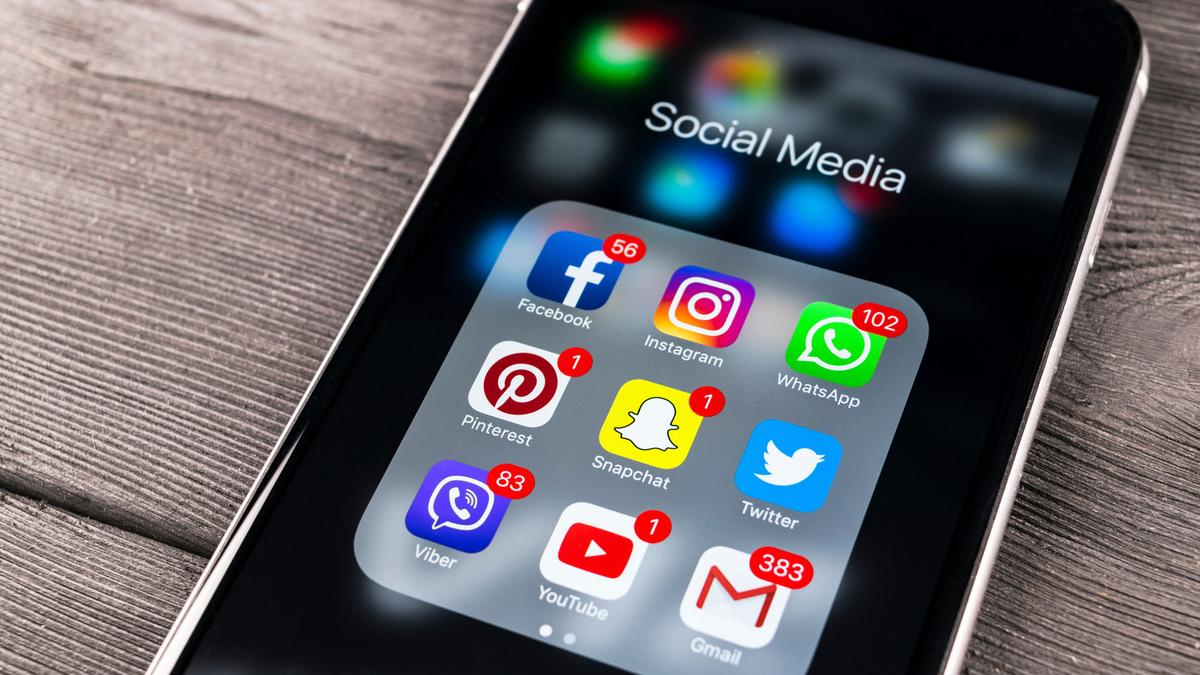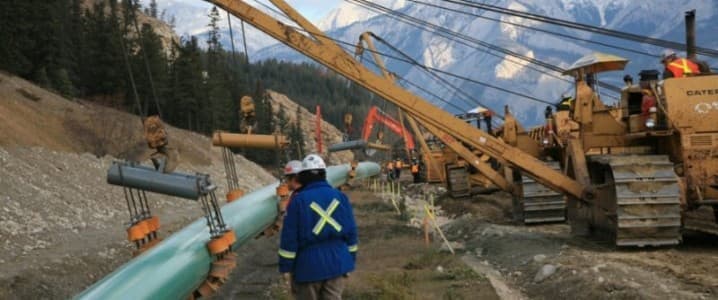Unbelievable AWS Outage Disrupts Thousands of Websites and Popular Apps! What Happened?

Imagine waking up to find your favorite apps like Snapchat and Reddit completely down! This isn’t a nightmare; it’s the reality that hit thousands of users globally due to a massive outage from Amazon's cloud services unit, AWS. The impact was unprecedented, marking the largest internet disruption since last year’s catastrophic CrowdStrike failure, which crippled essential services like hospitals and banks.
For over nine grueling hours, businesses and users alike felt the sting of disconnection. As of 1 PM ET, some apps were gradually coming back online, but AWS was still battling elevated error rates affecting several services. This situation brought to light a stark reminder of just how fragile our interconnected digital world can be.
AWS, which powers the cloud infrastructures of many popular platforms, later explained the issue stemmed from a malfunction in an internal subsystem critical to managing network load balancers. These balancers are essential for distributing traffic across numerous servers to ensure optimal performance.
Known formally as Amazon Elastic Compute Cloud (EC2), this service enables businesses to run virtual servers at scale based on demand. AWS disclosed that the problems originated from within the US-EAST-1 data center in northern Virginia, a site notorious for its previous outages in both 2020 and 2021.
While some platforms like Reddit and Roblox began stabilizing, others, including Snapchat and Venmo, continued to face problems. The ripple effects of the outage reached far and wide, impacting services from food delivery apps to trading platforms like Robinhood and cryptocurrency exchanges such as Coinbase.
Even Amazon's own services, such as Prime Video and Alexa, were not spared from the chaos. Experts are ringing alarm bells about our heavy reliance on a handful of major cloud providers, as one glitch can send shockwaves through our daily lives.
This incident serves as a wake-up call about the vulnerabilities lurking beneath the surface of our digital conveniences. Will we ever be able to trust these services completely again? Only time will tell.

















